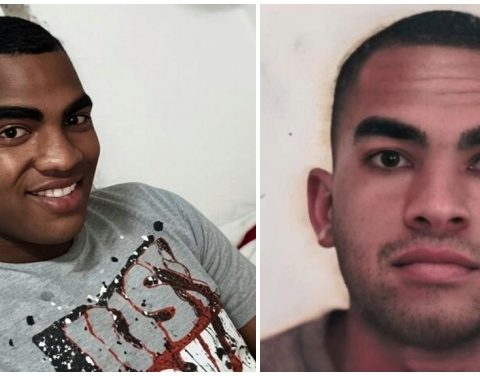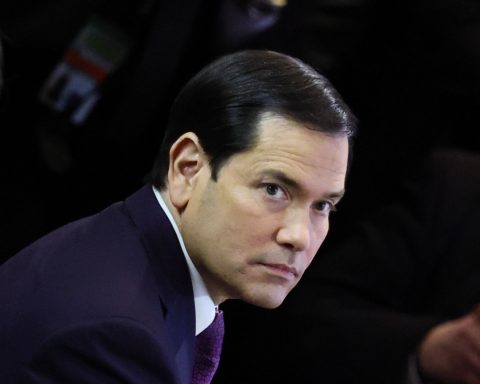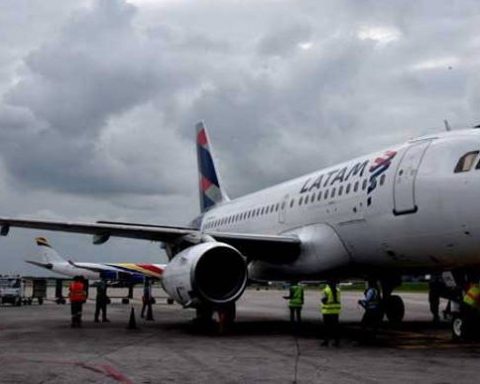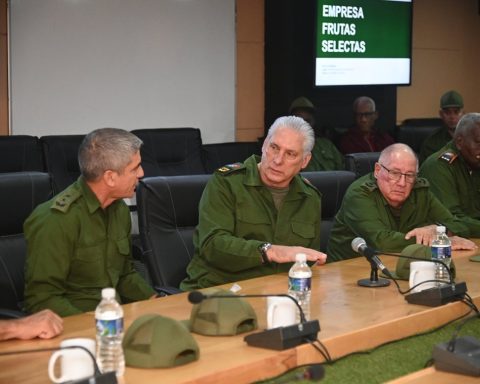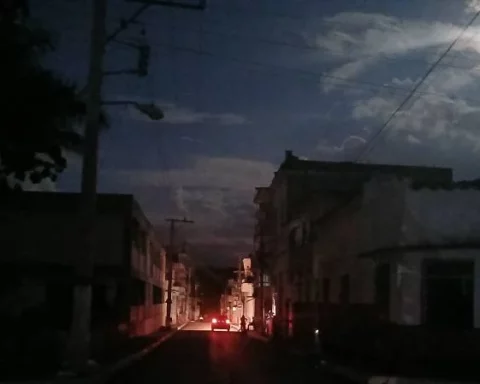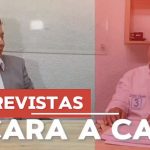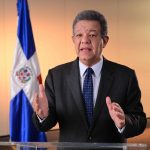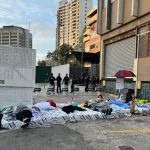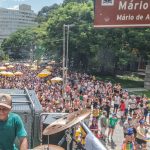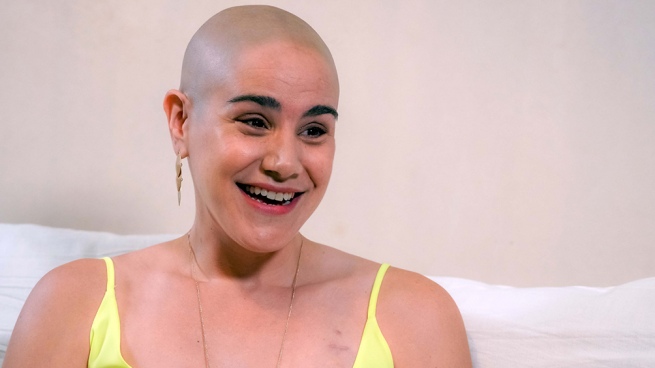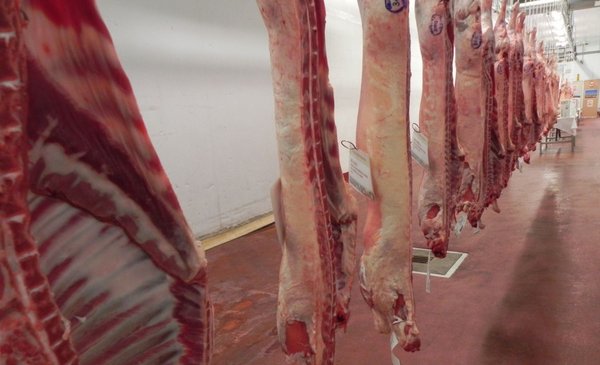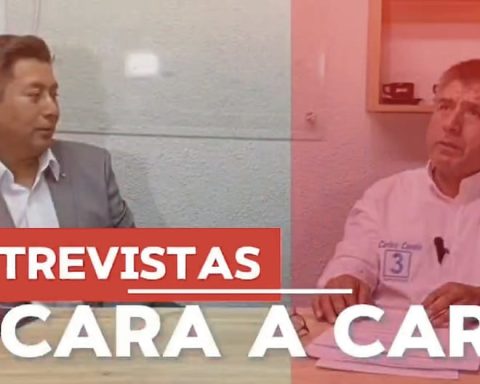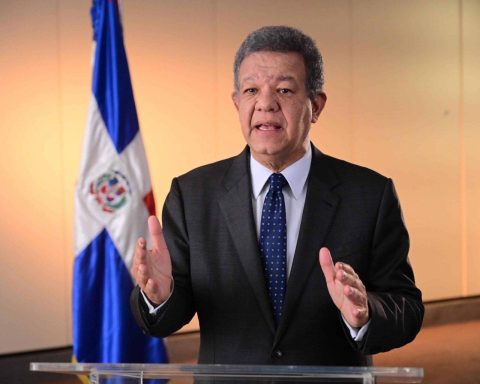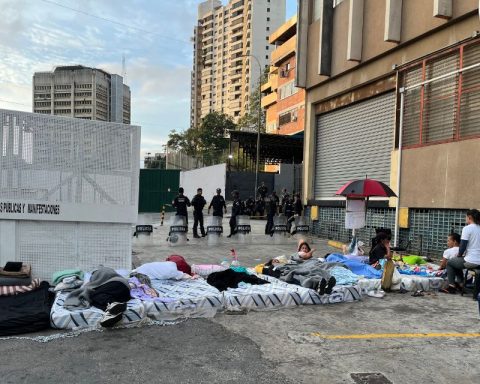The year was 1989 and the South American country was sinking into a serious economic crisis, which then President Carlos Andrés Pérez was trying to “save” by applying a neoliberal package from the International Monetary Fund.
The president’s announcements led to strong protests, riots, looting, demonstrations rejecting the abrupt increase in gasoline, basic services and food, a revolt that led to one of the most relevant social massacres of the 20th century in Latin America, known as the Caracazo. .
Three years later, little or nothing had changed the country and the memory of that bloodbath lingered in the memory of a people drowning in misery and desolation.
Thus, on February 4, 1992, in an attempt to restore dignity to the nation, a group of patriotic soldiers under the command of the young Lieutenant Colonel Hugo Chávez organized a rebellion, which despite its failure marked the beginning of the end of a era of corrupt and decadent representative democracies.
With the so-called Operation Zamora, in which members of the MBR-200 Bolivarian Movement participated, entrenched in the thinking of Simón Bolívar, Simón Rodríguez and Ezequiel Zamora, a civic-military uprising was carried out that sought to overthrow the corrupt government.
Nearly 2,362 men took up arms, including five lieutenant colonels as visible heads of the movement, followed by 14 majors, 54 captains, 67 sub-lieutenants, 65 non-commissioned officers, 101 troop sergeants and at least 2,000 enlisted soldiers.
The military objectives were not achieved and the rebellion ended with more than twenty casualties and the arrest of those involved, but it became a rescue of national dignity.
After being arrested and to avoid further bloodshed, Chávez addressed the troops and, after acknowledging the failure of the operation, said: “for now the objectives we set for ourselves have not been achieved…”.
The expression, which over the years has become a symbol of hope, repeated by the people and their leaders in the face of any adversity, is considered the first organized response to the popular clamor for true independence.
For historians, from that moment representative democracy began to be dismantled, while the rebellion was born that paved the way for the consolidation of the socialist project.
Some time later, Chávez himself, already president of Venezuela (1999-2013), admitted that the military rebellion was a moral obligation and stressed that “at dawn on February 4, the real Bolívar returned.”
“His rebellious spirit must accompany us every day, because the powers that we have faced for more than two decades still persist in their attempt to stop the course of history,” said the leader of the Bolivarian Revolution 21 years later.
The 4F became the guiding torch of the Bolivarian Revolution and the Day of National Dignity.
jha/ycv
